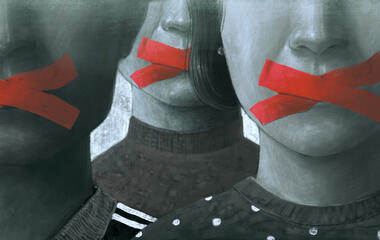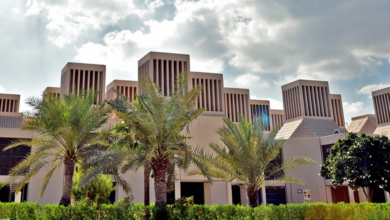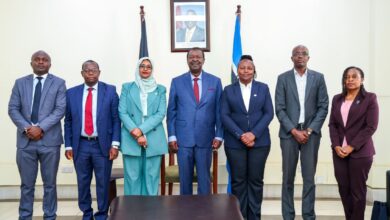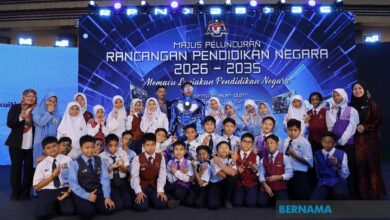Censorship and Declining Academic Freedom in Hong Kong: Implications for Education and Research

Censorship and declining academic freedom in Hong Kong present significant implications for education and research. A recent report from Human Rights Watch (HRW) identifies these challenges faced by university students and faculty in the wake of the National Security Law enacted by Beijing in 2020.
Challenges to Academic Freedom in Hong Kong
This law criminalizes actions categorized as threats to national security, including “secession, subversion, terrorism, and collusion with foreign forces.” The law’s vague definitions have fostered an environment of uncertainty and fear within the academic community.
The 80-page report, titled “We Can’t Write the Truth Anymore: Academic Freedom in Hong Kong under the National Security Law,” outlines governmental influence on various sectors and institutions, compelling them to align with official policies. University administrations are described as showing minimal resistance to this pressure, raising concerns about the independence of academic institutions.
The report is based on interviews conducted between October 2022 and June 2024 with 25 academics and eight students from publicly funded universities in Hong Kong. Respondents indicated that at least four academics specializing in topics related to China and Hong Kong encountered obstacles in publishing their research due to censorship.
Impact of Ideological Control
Maya Wang, the associate China director at HRW and author of the report, noted the prioritization of ideological control by the Chinese government over academic institutions in Hong Kong, which has placed faculty and students in precarious positions. Many individuals now find themselves carefully navigating their teaching, research, and affiliations to avoid potential repercussions.
Effects on Academic Scholarship
The effects on academic scholarship are significant. While a general consensus exists among students and faculty that the campus climate has become more oppressive since the enactment of the National Security Law, opinions differ regarding the law’s direct impact on scholarship. Those with pro-democracy views or whose work investigates Hong Kong’s sociopolitical context often experience the most considerable pressures, including self-censorship and challenges in academic publishing.
In contrast, some academics in the physical sciences or those who are well-established and of non-Chinese ethnicity report minimal pressure to self-censor. However, scholars addressing contemporary political issues express concerns related to the interpretation of their work and the possible consequences of its publication.
International Engagement and Publication Challenges
The HRW report indicates that interaction with international human rights organizations has become increasingly difficult for academics. One interviewee highlighted the risks associated with participating in discussions post-National Security Law, while another withdrew from participation shortly after the law was introduced.
Regarding publication challenges, the report states that academics frequently face pressure to retract articles covering sensitive subjects, such as the pro-democracy protests of 2019. One academic recounted an instance in which university administrators reported him to law enforcement concerning his article on activist art related to those protests, although the university denied this claim.
Broader Implications
In summary, the HRW report emphasizes that the shifting landscape of academic freedom in Hong Kong has broader implications beyond the region, influencing global perceptions of China amid increased scrutiny of the Chinese government’s actions.
Source: University World News.




